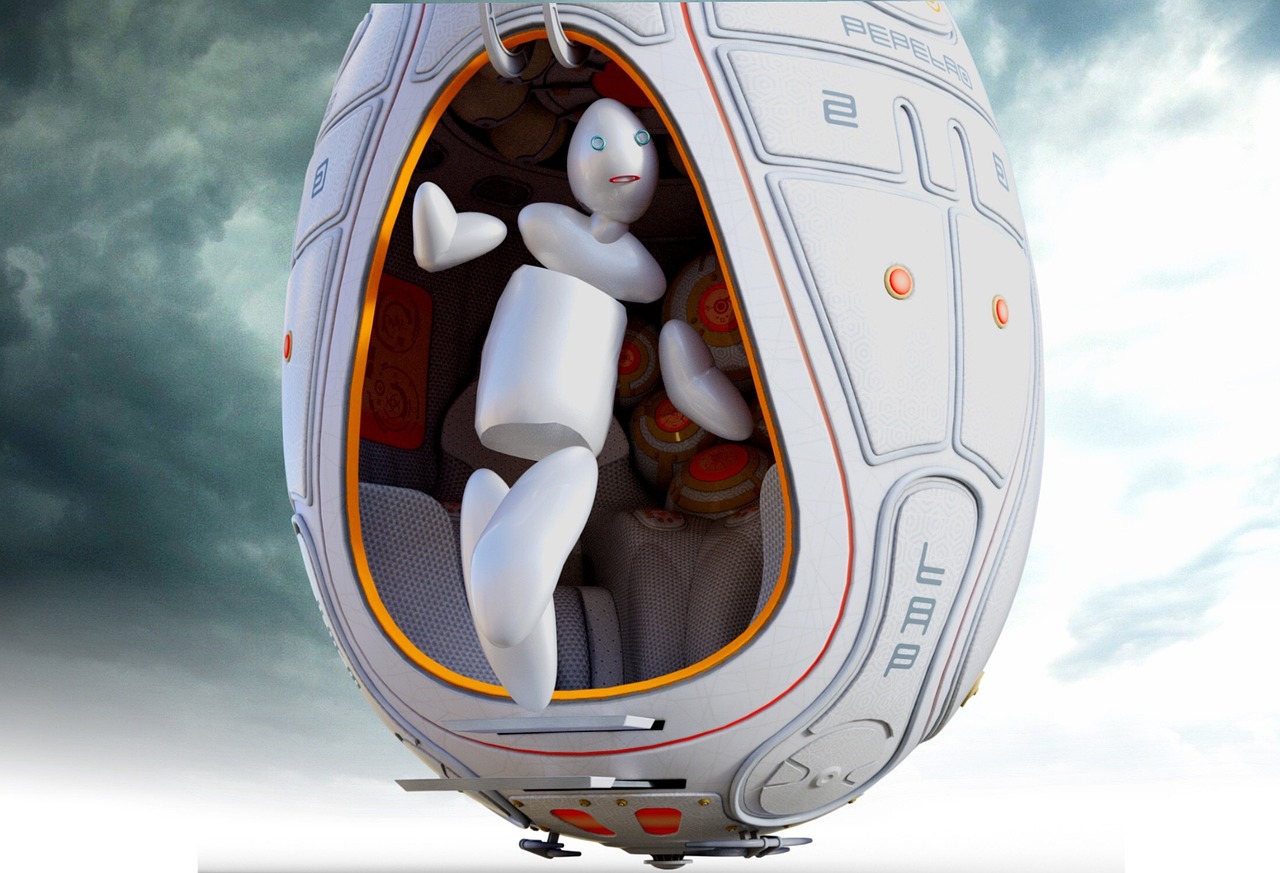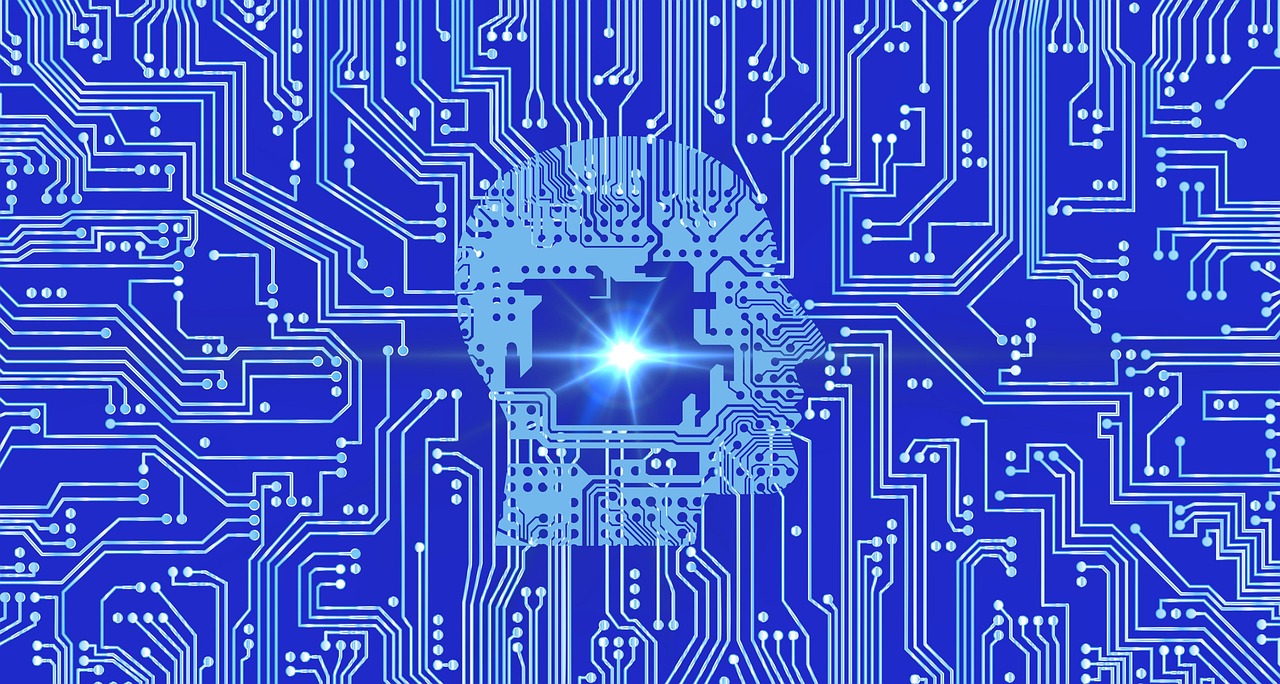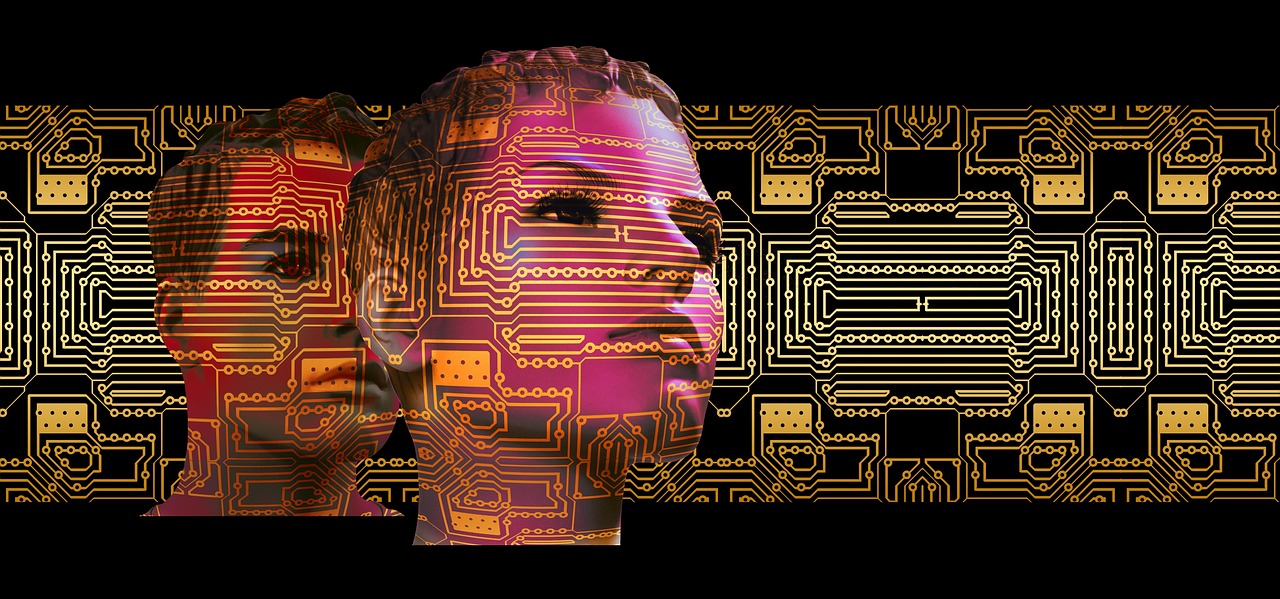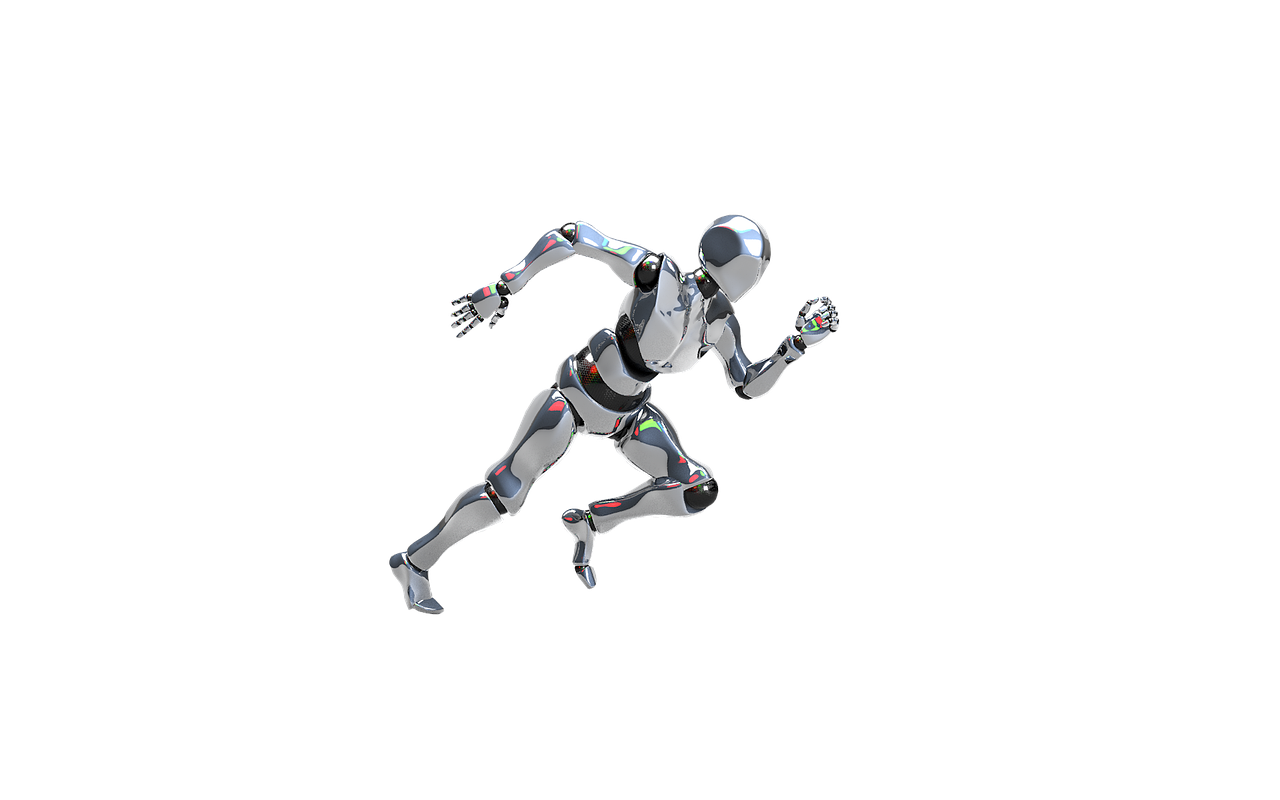
Unmasking AI: Bias Detection Beyond The Algorithm
AI is rapidly transforming industries, but lurking beneath its impressive capabilities is a critical challenge: bias. If not addressed proactively, biases in AI algorithms can perpetuate and amplify societal inequalities, leading to unfair or discriminatory outcomes. Understanding, detecting, and mitigating AI bias is paramount to building responsible and ethical AI systems that benefit everyone. This blog post delves into the intricacies of AI bias detection, providing practical insights and actionable strategies to ensure fairness and equity in AI implementations.
What is AI Bias and Why Does it Matter?
Defining AI Bias
AI bias refers to systematic errors or skewness in AI algorithms that lead to unfair or discriminatory outcomes. These biases can arise from various sources, including:
...









